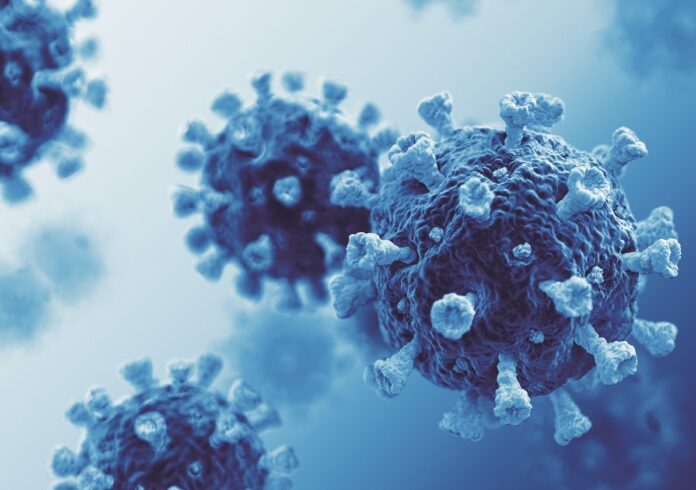The World Bank has released a report, Strengthening Public Health Surveillance Through Wastewater Testing: An Essential Investment for the COVID-19 Pandemic and Future Health Threats. The report examines the value, potential, and challenges of testing wastewater in Latin America and the Caribbean for SARS-CoV-2, including in areas currently lacking a sanitary sewage system.
Using examples from various locations across the world, the report also outlines what aspects to consider when creating a national wastewater surveillance programme aimed at controlling the impacts of COVID-19.
Early on in the COVID-19 crisis, SARS-CoV-2 was discovered in human faeces, where it can be detected as soon as people are infected. A highly sensitive test – real-time reverse transcription-polymerase chain reaction (RT-qPCR) assay – can be used to detect the virus at an early stage, including in asymptomatic cases, thereby preventing wider transmission. This test can detect minute traces of the virus, even in faeces diluted by rainwater or industrial effluent.
Some challenges with this method still to be overcome include the need for quality assurance in the various analytical methods involved, particularly because there are various factors that act to influence the amount of measurable viral material in water.








